Not one single dollar is attached to the national diabetes strategy despite a raging epidemic
Australia’s national diabetes strategy signed by the federal government in 2021 has not one single dollar attached to any of its aims and has no implementation plan whatsoever, it has emerged.
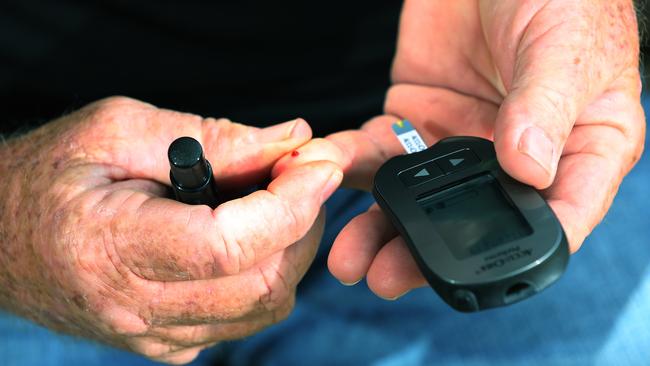
Australia’s national diabetes strategy signed by the federal government in 2021 has not one single dollar attached to any of its aims and has no implementation plan whatsoever.
The Australian National Diabetes Strategy 2021-2030 is supposedly “a framework for collaborative efforts” by governments, health systems and other parts of the community “to reduce the incidence of, and morbidity and mortality from, diabetes and its associated complications”.
It specifies seven goals with “areas for action” and measures of progress spanning prevention, awareness, early detection and management of diabetes, specific populations impacted, and research. It also states “implementation involves all levels of government, in collaboration with the health sector and relevant organisations”.
However, almost three years since all states governments and the commonwealth signed off on it, there is no implementation plan in place for the strategy, and the diabetes epidemic is quickly evolving into a national disaster.
The national epidemic is pushing hospitals to the brink of collapse, as reported by The Australian, with up to a third of patients in urban centres affected by the condition and kidney dialysis clinics at absolute capacity in Central Australia, where four out of 10 Aboriginal people have the chronic disease.
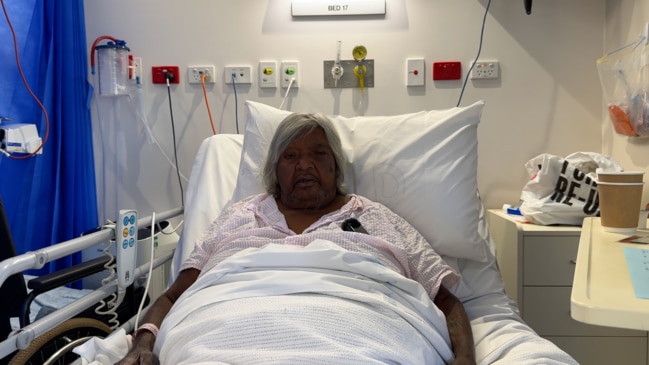
A staggering one in 100 people in Central Australia has end-stage kidney disease, most of those patients requiring dialysis – the worst-hit region in the world. Central Australia also has the highest rates in the world for type 2 diabetes in pregnancy.
Devastating accounts from patients and doctors published by The Weekend Australian revealed a vast tide of human suffering as overloaded hospitals struggle to cope with continual admissions from complications – sometimes requiring amputations – and many thousands of patients vying to access preventive care. The articles focused national attention on the epidemic and the acute funding and workforce shortages in primary care that are crippling the nation’s response to it, particularly in the Northern Territory.
Now, top endocrinologists have hit out at the erosion of research funding for diabetes over the past decade and the lack of any funding or implementation plan attached to the national strategy.
Australian Diabetes Society CEO Sof Andrikopoulos called out the parlous state of research funding for diabetes and obesity.
Dr Andrikopoulos said the state of diabetes care was “appalling” in regional and remote Australia. “This is clearly unacceptable and, with a National Diabetes Strategy 2021-2030 in play, I call on the government and key stakeholders to develop an implementation plan with significant and appropriate funding.

“It is important to note that a contributing factor to the problems … highlighted in The Australian is the erosion of diabetes research funding over the past 10 years (and perhaps even longer).”
A decade ago, the National Health and Medical Research Council of Australia provided $65.2m to diabetes research. Despite prevalence of the condition exploding over the same period, research funding has decreased by 35 per cent to $42.3m in 2022.
Further, of the $234m in research grants given by the NHMRC in 2023, only $7.6m has gone to diabetes research. And of a series of recently announced NHMRC Postgraduate Scholarships to support early career researchers, only three of 60 grants went to diabetes researchers.
“The numbers don’t lie – diabetes research in Australia is in a dire state, with many labs closing and many excellent researchers leaving for other, better-funded disease areas, or going overseas or leaving research altogether,” Dr Andrikopoulos said.
“I call on the Australian government department of health and Health Minister to provide more funding for diabetes research. I call upon the NHMRC to have diabetes-specific review panels so diabetes grants are assessed by experts. I call upon the Medical Research Future Fund to announce a diabetes-specific mission. And I urge the diabetes research community to fight and advocate for more funding for diabetes research.”
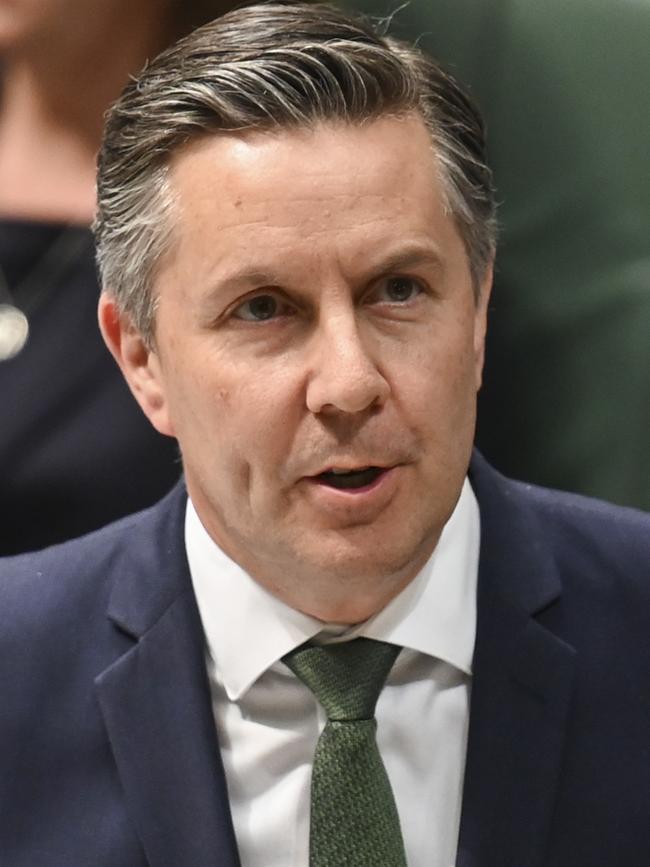
Federal Health Minister Mark Butler said the Albanese government was looking forward to an upcoming report from the Select Committee Inquiry into Diabetes, chaired by Labor MP Mike Freelander. Mr Butler did not address the lack of funding for the national strategy.
“While we await the outcomes of the committee’s work, our government has been focused on strengthening Medicare and general practice, which is at the heart of good diabetes care,” he said. “Getting in to see your doctor and being able to afford your diabetes medication is critical in managing diabetes. This has been our priority as we have tripled the bulk-billing incentive and made medicines cheaper.”



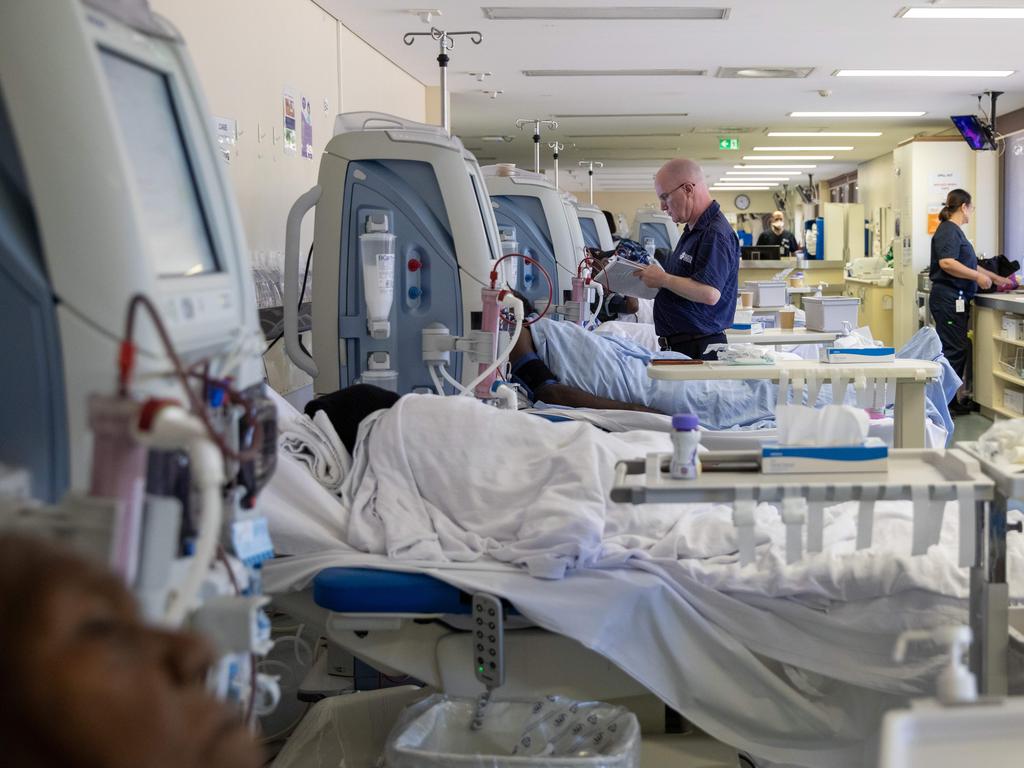
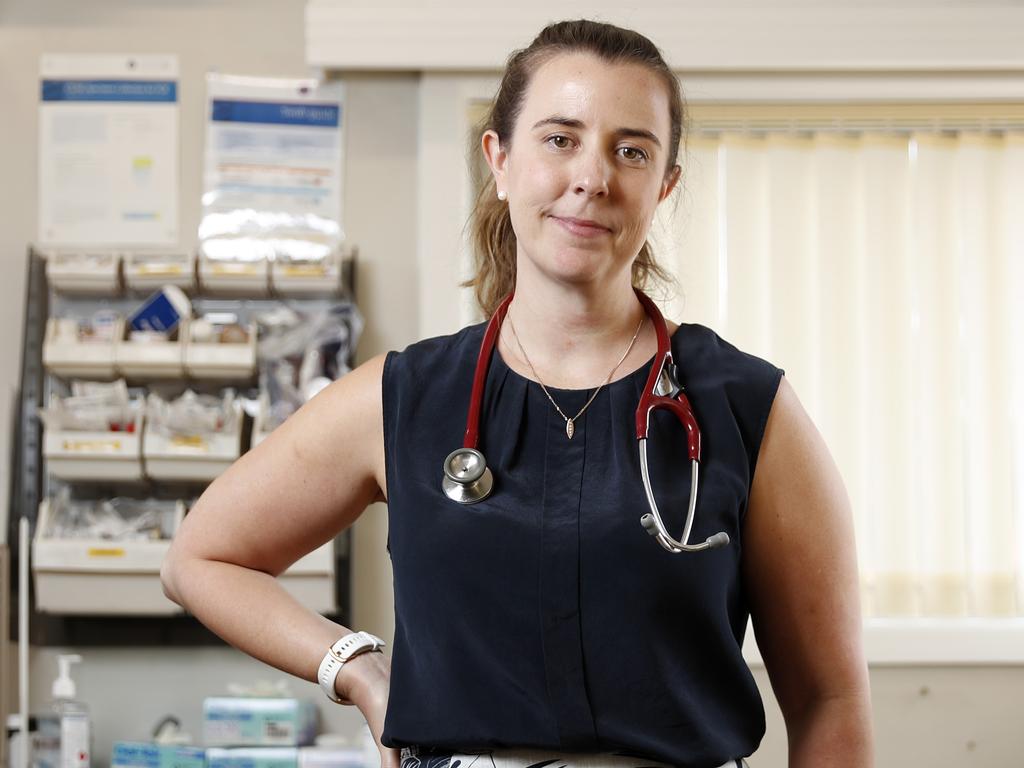


To join the conversation, please log in. Don't have an account? Register
Join the conversation, you are commenting as Logout